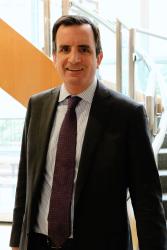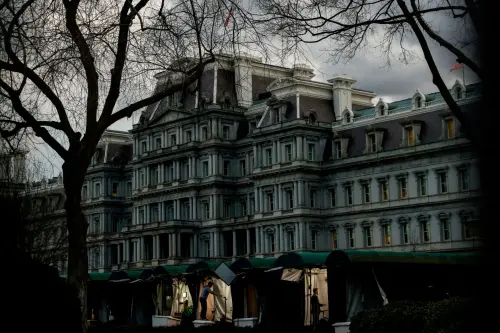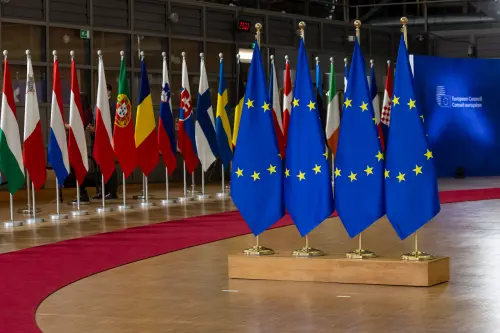

9:45 am EST - 11:45 am EST
Past Event

On Monday, November 16, the Foreign Policy program at Brookings hosted a webinar on trans-Atlantic cooperation and the international order after the U.S. election. The event was part of the Brookings – Robert Bosch Foundation Transatlantic Initiative. Opening remarks were given by Suzanne Maloney, vice president and director of Foreign Policy at Brookings, and Henry Alt-Haaker, senior vice president for strategic partnerships at the Robert Bosch Foundation and the Robert Bosch Academy at the Robert Bosch Stiftung.
The first panel was moderated by Brookings Senior Fellow Constanze Stelzenmüller. She began by acknowledging that the trans-Atlantic alliance faces significant challenges, not least in addressing the current pandemic, and emphasized that rebuilding the relationship after four years of a Trump administration will be a difficult process. So how should the United States and Europe create the necessary changes and make the alliance resistant to future shocks? What are the domestic political implications of the election, she asked, for U.S. foreign policy?
James Goldgeier, the Robert Bosch senior visiting fellow at Brookings’s Center on the United States and Europe (CUSE), adopted a positive outlook. He emphasized that, with a Joe Biden victory, the White House will be committed to the trans-Atlantic alliance. The new administration will have bipartisan support for NATO, providing a platform for renewed cooperation across the Atlantic — even in the context of what will likely be a divided government.
Brookings Senior Fellow Fiona Hill added that “we need to have a much broader and much more sophisticated sense of strategic regional policy as American’s and Europeans together.” A Biden administration will need to recalibrate its relationship with non-Western powers through trans-Atlantic cooperation on China policy, a renewed Iran nuclear deal, and Turkey. Marietje Schaake, international policy director at Stanford’s Cyber Policy Center, concurred with Hill that democracy is at stake domestically and globally. She argued that securing the digital space is also an important point of trans-Atlantic cooperation that will help to shock-proof existing democratic institutions.
However, as Stormy-Annika Mildner, head of the Department for External Economic Policy at the Federation of German Industries, cautioned, none of these efforts will be successful without a more resilient trans-Atlantic alliance. What does resilience mean? A unified European opinion, development of trans-Atlantic institutions, and a good working dialogue between the United States and Europe are all necessary steps. It also means engaging the new generation of policymakers, as Rachel Rizzo, head of programs at the Truman National Security Project, emphasized. The new generation is much more diverse and holds different priorities for the trans-Atlantic alliance, including a less militarized and defensive outlook. The Biden administration should therefore contextualize the alliance through the lens of European Union-U.S. relations, rather than overemphasize NATO.
The panel discussion was followed by a keynote address from Nathalie Tocci, director of the Istituto Affari Internazionali, and conversation with Thomas Wright, director of CUSE. Throughout the discussion, Tocci argued that the relationship between the European Union (EU) and the United States has qualitatively changed over the last four years. Trump’s adversarial approach to the EU and its leaders has been traumatizing. This is part of why the election result is so important, she continued: Even if disagreement over U.S. protectionism persists, Biden will place value in the trans-Atlantic relationship. Given differences, however, she concluded by noting that “U.S. and Europe, we’re in a much more complex predicament than we were during the Cold War, which is why the need for that coordination and that dialogue is … perhaps even more fundamental now than it was then.” As the United States and Europe work to reinvigorate their ailing alliance, structured communication will be essential.
9:45 am - 10:00 am
10:00 am - 11:00 am
Moderator

Panelist


11:00 am - 11:45 am
Moderator

Keynote


Anand Menon
June 9, 2025

Thomas Wright
May 28, 2025

Norman Eisen
May 20, 2025